HELLO
Welcome To ShadyElectronics!
Want to learn how to make electronic gadgets from scratch? You’re in the right place!

What you get with us
Welcome to our website, your ultimate destination for all things electronics circuit and printed circuit board (PCB) design. Whether you’re a beginner or an experienced professional, you’ve come to the right place.
Explore our regularly updated blog with insightful articles on circuit design, emerging technologies, and more. Stay up-to-date with the latest trends, industry news, and expert insights.
Experience our hands-on approach through documented projects, showcasing the process of bringing ideas to life. Gain valuable insights into practical application and problem-solving.
Explore, learn, and engage with our content for an educational and enjoyable electronic journey. Get ready to embark on an exciting adventure with us!
Latest post
TLDR: What is a capacitor
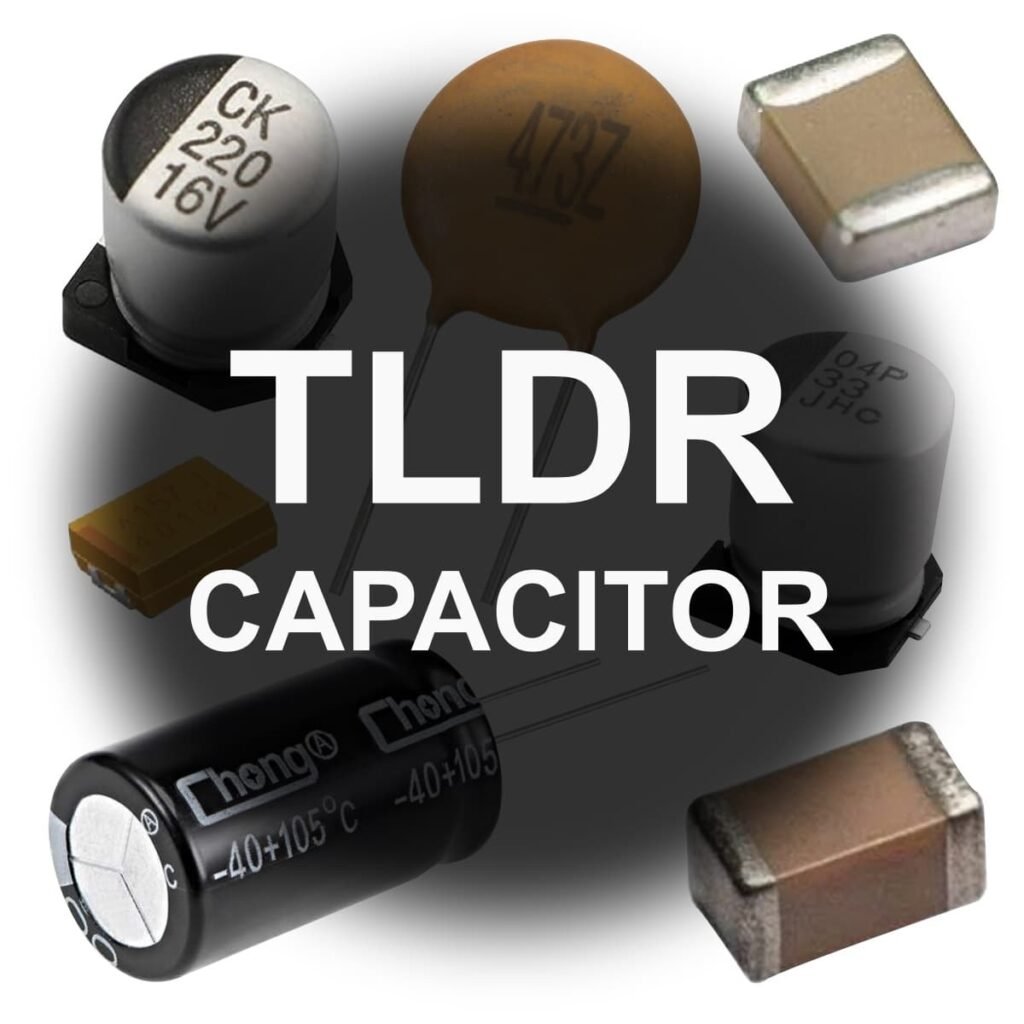
A capacitor is an electronic component that stores and releases electrical energy. It has two plates separated by an insulator. When you apply voltage to it, one plate gets a positive charge, and the other gets a negative charge. It stores this charge and can release it when needed. Capacitors come in many types, cases,…
Recent project
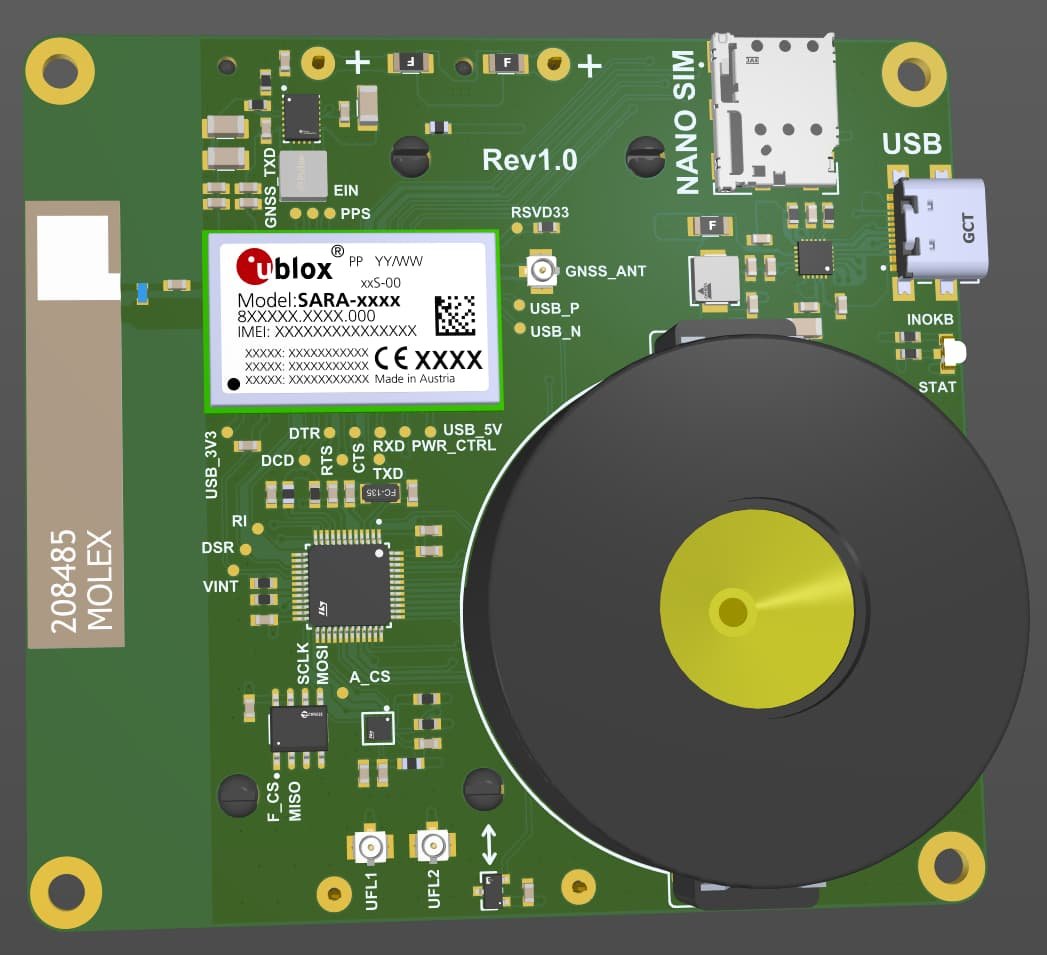
DIY alarm – Printed Circuit Board. Part 2.
Welcome back to the second part of this series on building a DIY alarm system circuit. In the previous article, I explored the various components that make up this robust…
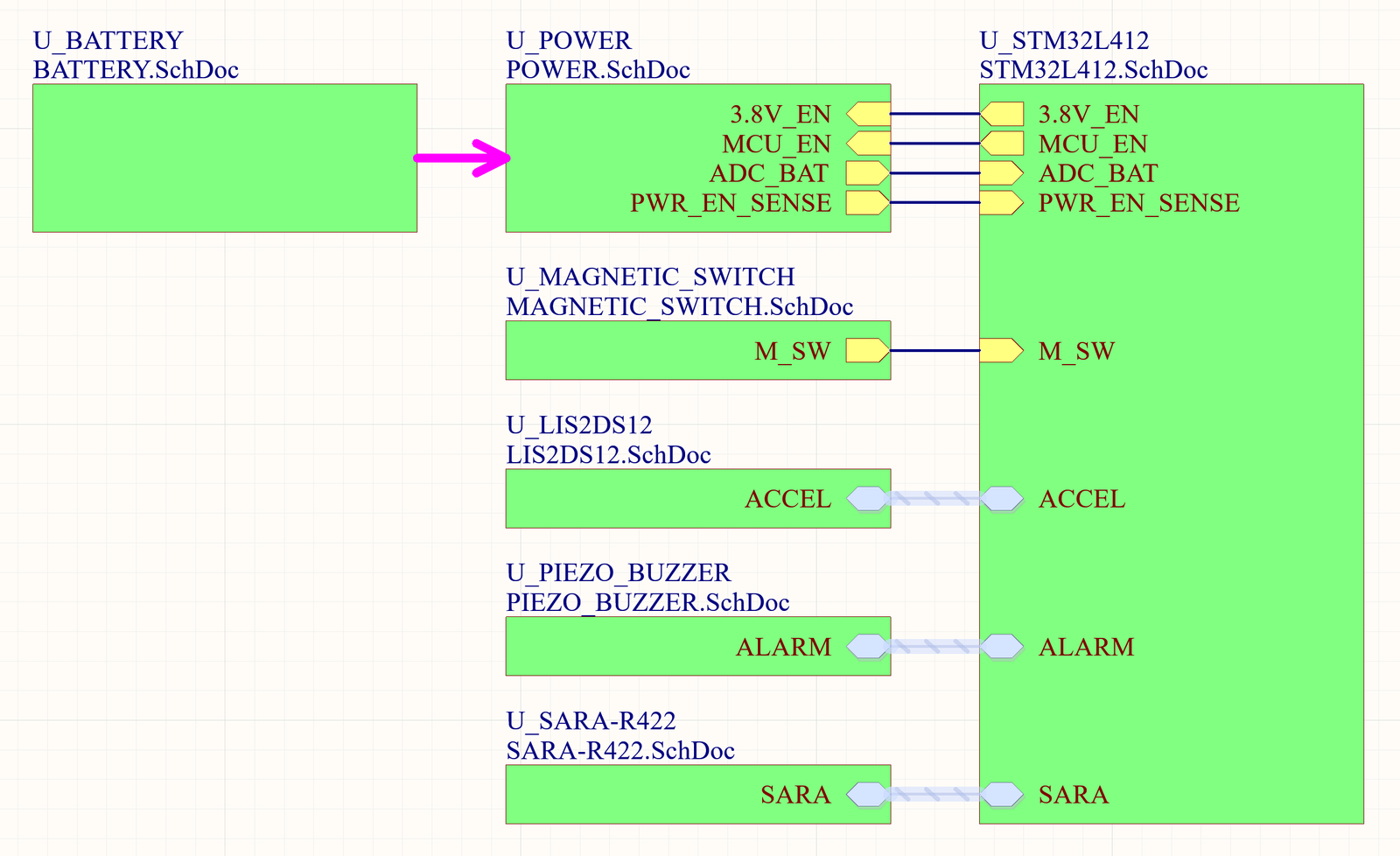
DIY alarm circuit. Part 1.
Do you hate it when someone steals from you? Personally, I find it rather irritating. However, there have been instances of thieves visiting our apartment building’s underground garage. And thieves…
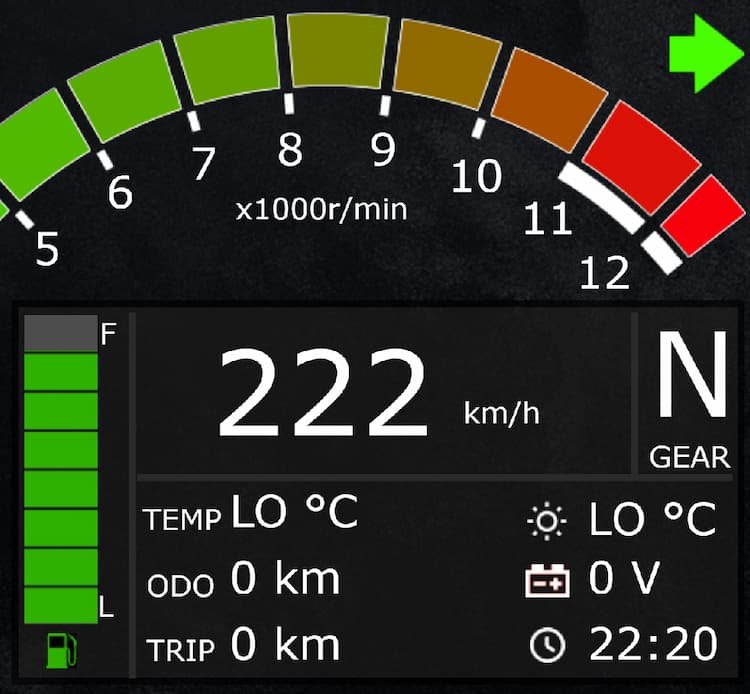
Digital instrument cluster project. Part 3.
Designing a user interface for a digital instrument cluster can be a challenging task, but it is essential to provide a user-friendly and intuitive interface that will allow riders to…
Recent blog posts
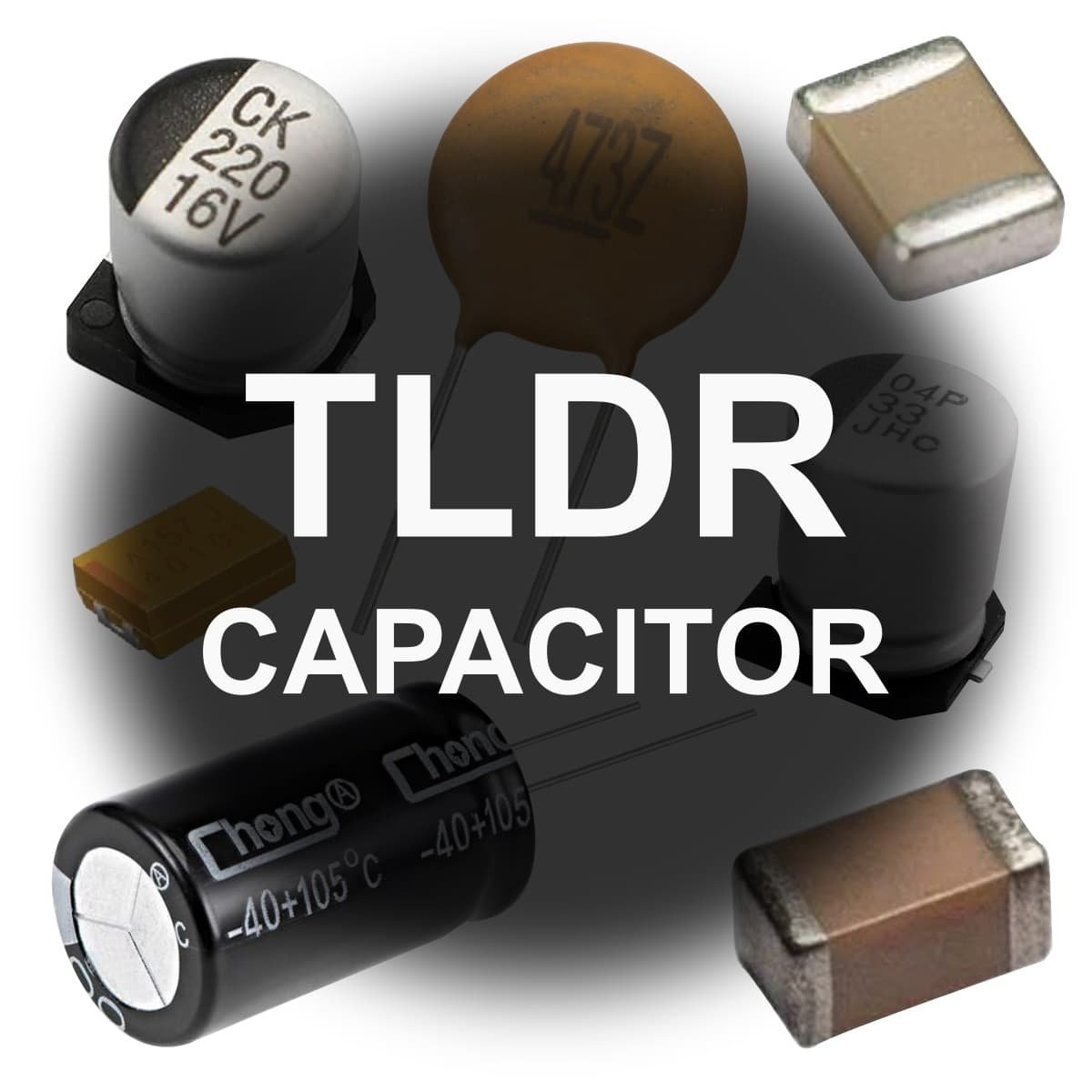
TLDR: What is a capacitor
A capacitor is an electronic component that stores and releases electrical energy. It has two plates separated by an insulator. When you apply voltage to it, one plate gets a…